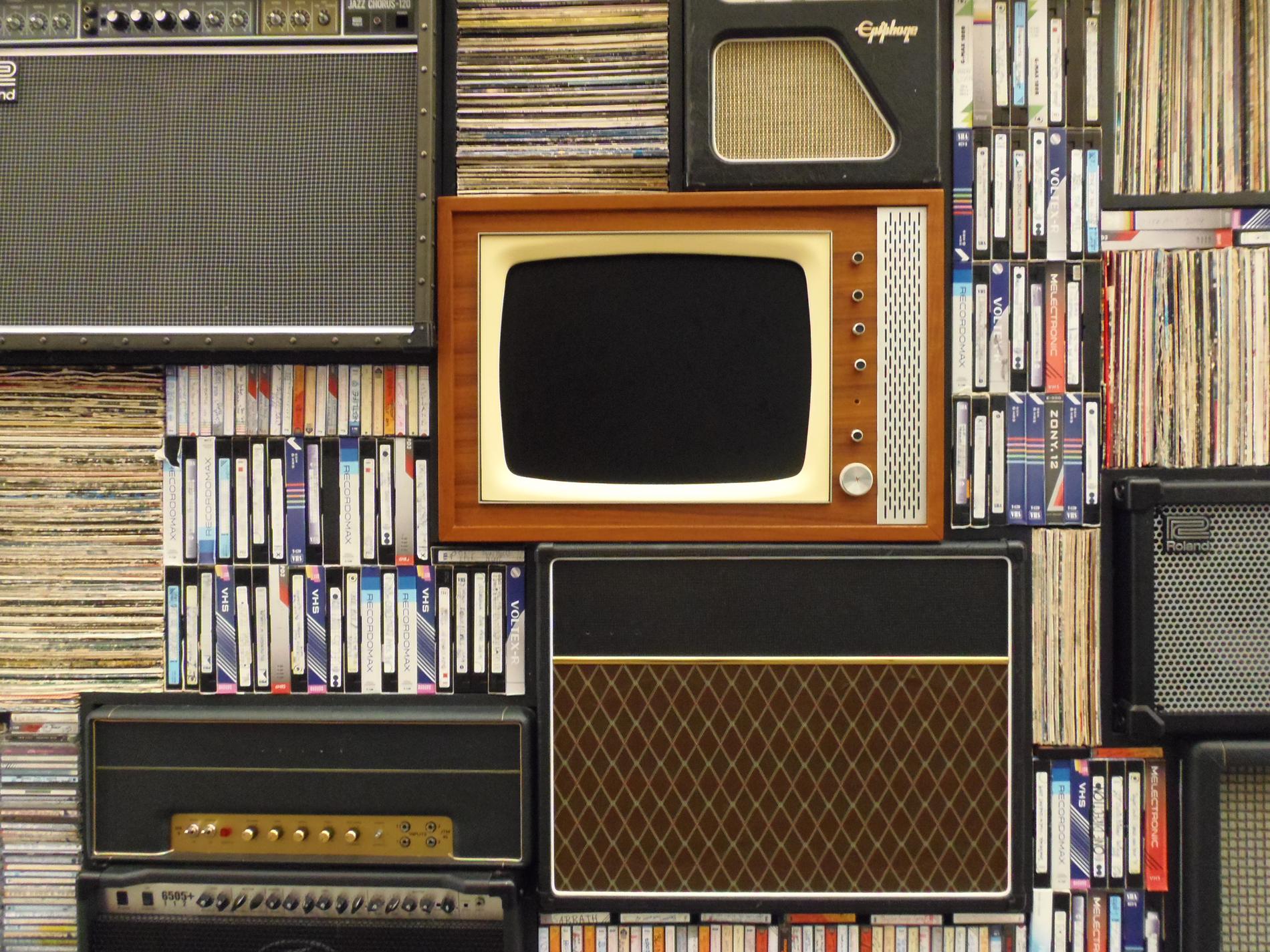
Lee Thomas
Nov. 10, 2017, 6:44 p.m.

TRIGGER WARNING: the following material may be triggering for some individuals. Please read with caution.
Who is “the media”?
Is it the morning news that I used to watch while I ate my Cheerios? Is it the fitness magazines that I desperately consumed all through middle school and high school? Is it The Biggest Loser or What Not To Wear or To The Bone? Is it the weight loss books that I checked out of my local library? Is it those infuriating Beachbody ads I keep seeing on Facebook? Is it Tumblr, Twitter, Instagram?
Is it a reflection of society? Does it create society?
And, to get to the root of the question, does the media cause eating disorders?
But I’m getting ahead of myself.
In 2005, I was an average twelve year old in a lot of ways — wanting to get my first job, drink my first beer, kiss my first boy, all before eighth grade hit. (For what it’s worth, I achieved 0/3 by the deadline). More than anything, though, I wanted desperately to be pretty. And being pretty, of course, meant being thin.
So at the ripe old age of twelve years old I went on my first diet.
I based my diet around the food and exercise plans in Fitness magazine. After all, I knew that not all the information I found on the internet was true, but surely printed materials were more reliable. I mean, it’s been published and put out to the public... they wouldn’t let just anyone do that, right?
Fitness magazine became my bible. It taught me how to Lose Weight And Keep It Off, how to Get Ripped Abs By Christmas, how to Lift More To Weigh Less. It taught me how to be healthy, how to be holy, how to be good. I would read about the latest in food and fitness technology, and those items would top my wish lists — an electronic food scale for my birthday, Nike+ for Christmas.
This is the part where people intervened. You’re barely a teenager, they said. Your body is still changing. Your behaviour is scaring us. You don’t need to lose weight to matter.
Wait… actually, sorry, no. My mistake. None of that happened.
Instead, people encouraged me. Friends asked me to make fitness plans for them. Every pound I lost was celebrated — after all, I wasn’t thin, so I could stand to lose a few. No one was concerned about my behaviour, and why would they be? I didn’t look or act the way we were all told people with eating disorders looked and acted. I wasn’t an emaciated twenty-something actress, I was a chubby loudmouthed twelve year old.
I wasn’t quiet, I wasn’t pretty, I wasn’t straight, and more than anything, I wasn’t thin. I learned quickly that my extreme behaviours weren’t concerning — they were good, verging on noble — because it was a chubby body doing them.
And who was I, at twelve years old, to challenge that narrative?
Because, like it or not, that is the narrative that we are given. Fitness magazine happened to be my own personal demon, but it is in no way the exception. We are constantly, in nearly all forms of media, explicitly and implicitly told that thin bodies are more valuable, more important, more worthy of love — and, when it comes to eating disorders, more worthy of help.
But even if we’re willing to acknowledge that that narrative exists… does it cause eating disorders? Well, that’s hard to say.
Some people will point to the fact that a huge number of eating disorders start, as mine did, with seemingly innocuous efforts to shed a few pounds. Some will point to the fact that eating disorders, in some form or another, have existed for thousands of years — long before our modern body ideals. Others will point out that “the media” is not a monolith, and indeed there is lots of media out there fighting against the dominant narrative. Still others will argue that the cause of an eating disorder can’t be pinned on one specific thing.
So, does the media cause eating disorders? That’s hard to prove.
But does the media glorify thinness? Demonize fatness? Promote dangerously strict eating habits? Teach us that one body type is the ultimate goal, and that what your body looks like is ultimately a result of whether or not you’re a hard worker, and therefore a good person? Does it distort and twist and narrow our idea of ‘health’? Does it narrow our idea of a person with an eating disorder to a cis, white, able-bodied, heterosexual woman who is, above all else, thin?
Well, pretty much, yeah.
But does it cause eating disorders?
Maybe it’s a matter of asking a different question.

Lee Thomas is an international speaker, writer, and advocate based in Fredericton, New Brunswick. Lee speaks to groups of all ages and sizes about mental health and mental illness, with a particular focus on stigma reduction and youth mental health. They are a Mental Health First Aid instructor, TEDx speaker, contributor to The Mighty, and founder of the #MyDefinition poster campaign. When Lee’s not doing mental health stuff, you can usually find them updating their dog’s Instagram account (yes, really).